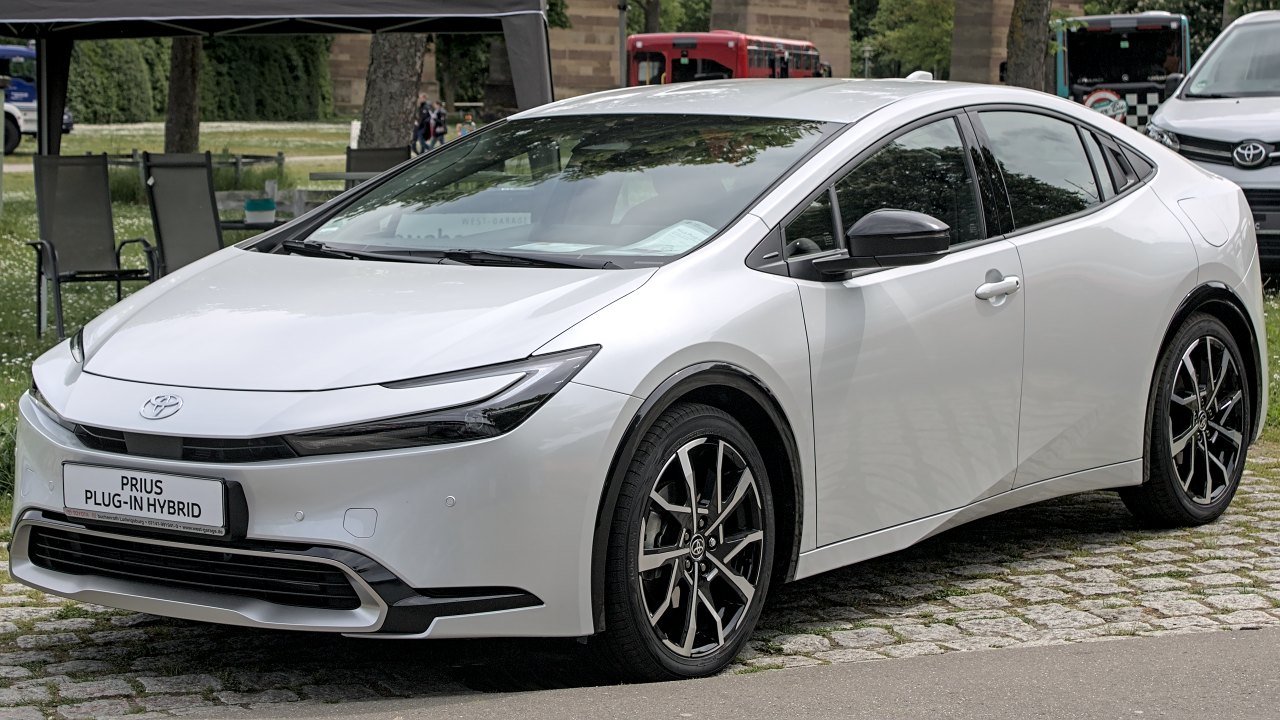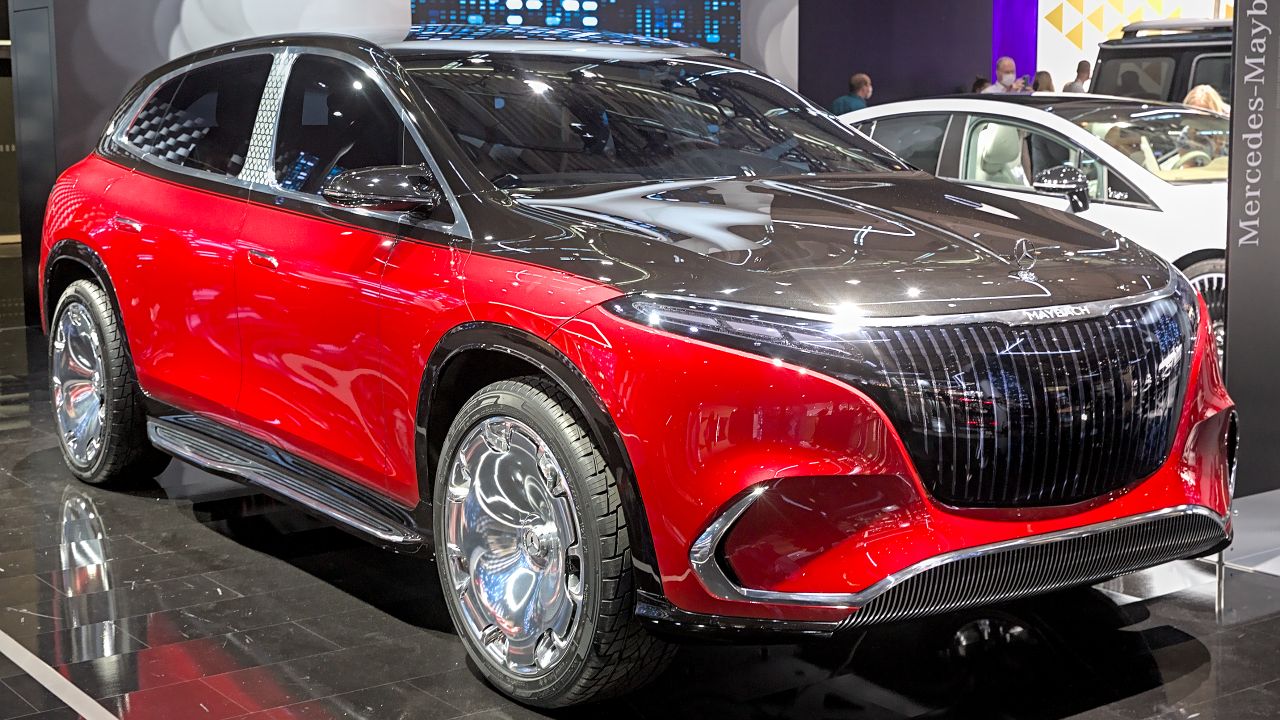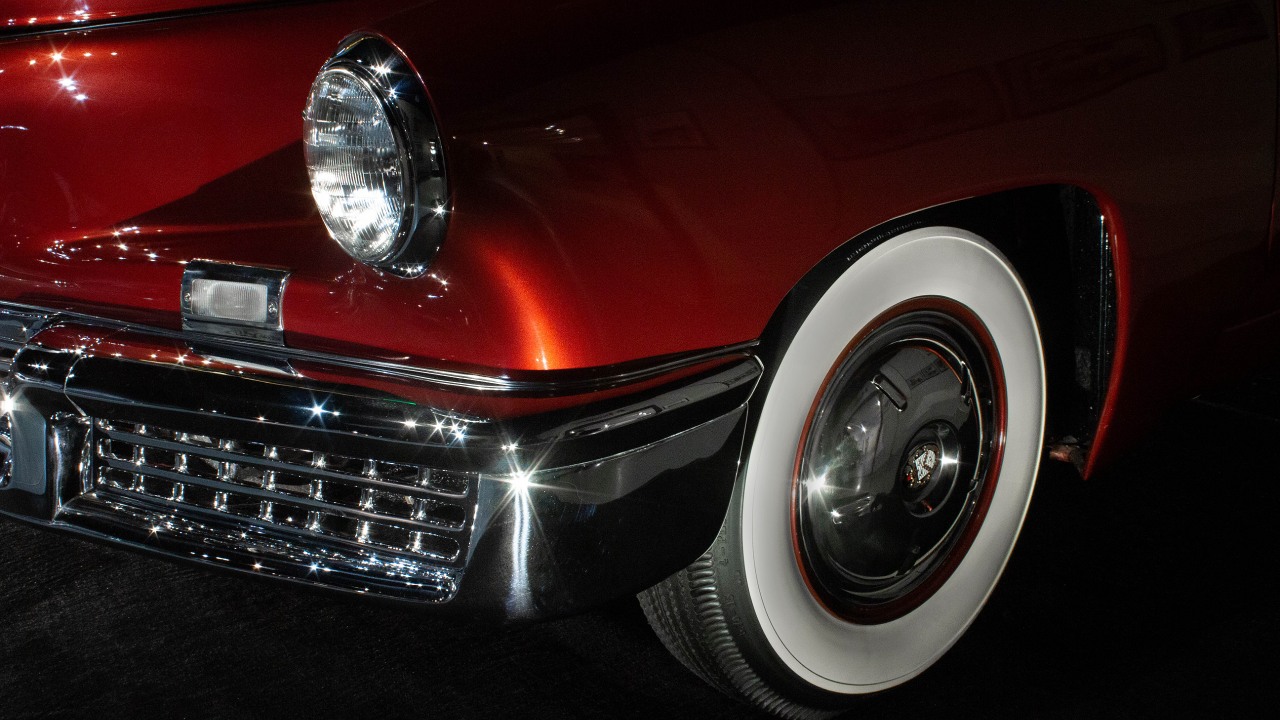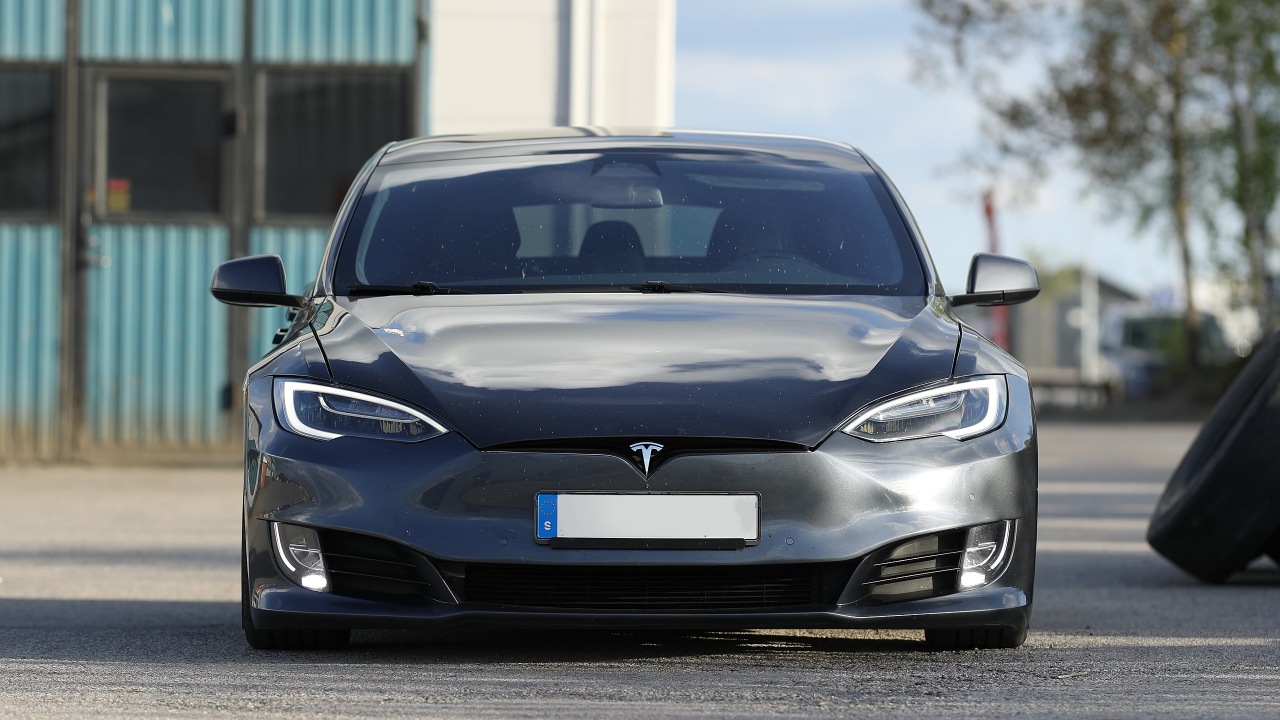The automotive industry is on the brink of a revolutionary shift with the advent of solid-state battery technology. As electric vehicles (EVs) continue to gain traction, solid-state batteries promise to offer significant improvements over traditional lithium-ion batteries, including faster charging times, longer lifespans, and enhanced safety. The latest advances in solid-state battery technology are poised to reshape the future of electric cars.
The Fundamentals of Solid-State Batteries

Explanation of Solid-State Technology
Solid-state batteries represent a significant departure from conventional lithium-ion batteries, primarily due to their unique composition. Unlike their lithium-ion counterparts, which utilize a liquid electrolyte, solid-state batteries employ a solid electrolyte. This fundamental difference results in a more stable and less flammable power source, making solid-state batteries inherently safer. The core components of these batteries include a solid electrolyte, a cathode, and an anode, with the solid electrolyte often made from materials like ceramics or sulfide glass.
In solid-state batteries, ions travel through the solid electrolyte, which acts as a medium for ion exchange between the anode and cathode during charging and discharging cycles. This structure not only enhances safety but also contributes to a higher energy density, allowing for more energy storage in a smaller space, a critical advancement for electric vehicle applications.
Benefits Over Traditional Batteries
One of the primary advantages of solid-state batteries is their increased energy density. This feature enables electric vehicles equipped with solid-state batteries to achieve longer ranges on a single charge compared to those using traditional lithium-ion batteries. Furthermore, the enhanced safety features of solid-state batteries reduce the risk of thermal runaway, a common concern in current battery technology.
Additionally, solid-state batteries offer shorter charging times, a critical factor in enhancing the convenience and appeal of electric vehicles. These batteries can potentially be charged in minutes rather than hours, significantly reducing downtime for drivers and making electric vehicles more practical for everyday use.
Recent Breakthroughs in Solid-State Battery Development

Key Innovations and Research
Recent technological advances in solid-state battery materials and design have accelerated the development of this promising technology. Companies like Toyota and QuantumScape have made significant strides in creating solid electrolytes that are both efficient and scalable for mass production. Toyota, for instance, has announced plans to commercialize solid-state batteries by the late-2020s, leveraging their extensive research in solid sulfide electrolytes.
Academic institutions are also playing a crucial role, with universities such as MIT and Stanford contributing to breakthroughs in material science that address the challenges of solid-state battery performance. These innovations are paving the way for practical applications in electric vehicles, promising a new era of battery technology.
Challenges and Solutions
Despite the promising potential of solid-state batteries, several challenges remain, primarily concerning production costs and scalability. Manufacturing solid-state batteries on a large scale is currently more expensive than traditional lithium-ion battery production, posing a significant hurdle to widespread adoption.
To overcome these challenges, companies and researchers are exploring cost-effective production methods and alternative materials that can be produced at scale. QuantumScape, for example, is developing a manufacturing process that aims to reduce costs while maintaining the performance benefits of solid-state technology. Collaborative efforts between automotive manufacturers and battery developers are crucial in addressing these challenges and bringing solid-state batteries to market.
Impact on the Automotive Industry

Transformation of Electric Vehicles
Solid-state batteries have the potential to transform the design and performance of electric vehicles significantly. With the ability to provide greater energy density and enhanced safety, these batteries can lead to lighter, more efficient vehicles with extended driving ranges. This transformation could enable the development of new electric car models that appeal to a broader range of consumers.
The implications for EV range, charging infrastructure, and consumer adoption are profound. With solid-state technology, electric vehicles could travel distances comparable to or even exceeding those of traditional gasoline-powered cars, reducing the range anxiety that often deters potential EV buyers. Additionally, the need for extensive charging infrastructure could be mitigated by faster charging capabilities, making electric vehicles more accessible to the masses.
Industry Adoption and Partnerships
The integration of solid-state batteries into commercial vehicles is being accelerated by key partnerships and collaborations between automotive manufacturers and battery technology companies. For instance, Ford and BMW have invested in Solid Power, a company at the forefront of solid-state battery development, to expedite their adoption in future vehicle models.
Announcements from major industry players, such as Nissan’s plans to unveil a solid-state battery-powered vehicle by 2028, indicate a growing commitment to this technology. These partnerships and timelines highlight the automotive industry’s recognition of the transformative potential of solid-state batteries and the desire to lead the charge in their commercialization.
Future Prospects and Market Implications

Forecasting Market Growth
Market predictions for the adoption and growth of solid-state battery technology are optimistic, with analysts forecasting significant advancements in the coming decade. The global solid-state battery market is expected to grow exponentially, driven by increasing demand for safer, more efficient energy storage solutions in the automotive sector.
The economic impact of this growth could lead to shifts within the automotive industry, with companies that invest early in solid-state technology gaining a competitive edge. The potential for cost reductions and performance improvements could also lead to more affordable electric vehicles, further driving consumer adoption.
Looking Ahead: The Road to Mass Adoption
As solid-state battery research and development continue to advance, several key trends and future directions are emerging. Innovations in materials science, such as the development of novel solid electrolytes and cost-effective manufacturing techniques, are crucial for overcoming current limitations.
The timeline for widespread adoption in the automotive sector will depend on continued progress in these areas, with milestones such as the commercialization of solid-state batteries by major automotive manufacturers serving as critical indicators. As these technologies mature, the automotive industry is poised for a transformative shift toward more efficient, sustainable, and consumer-friendly electric vehicles.
Like Fast Lane Only’s content? Be sure to follow us.
Here’s more from us:
*Created with AI assistance and editor review.







Leave a Reply